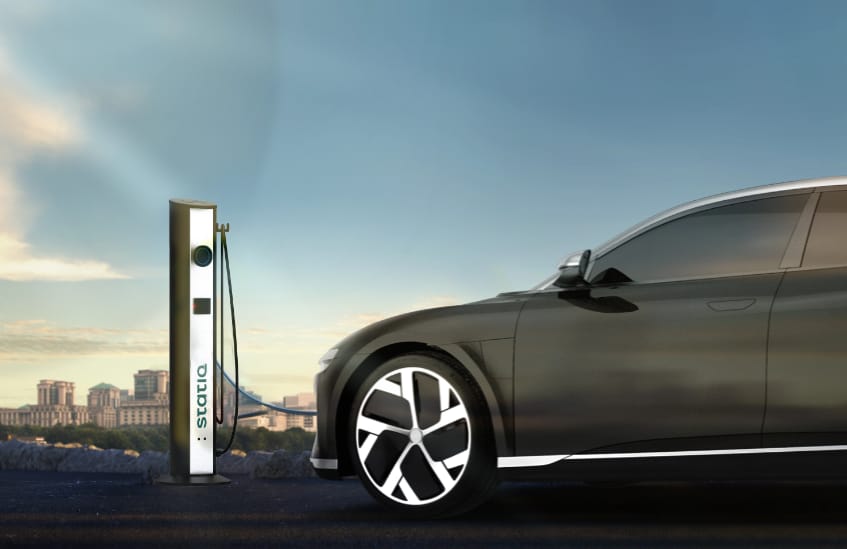Revolutions are like a never-ending trend in India. From the late 1960s to the present day, India has witnessed several revolutions, such as white revolution, green revolution, internet revolution, digital revolution, and now electric revolution.
India is one of the fastest-growing EV markets in the world, growing at a 30–40% rate every year. In the last year, more than 15 lakh electric vehicles were sold, which is 50% higher than the preceding year.
With the present growth rate, India may soon become the leading figure in the global EV industry. But India is still facing several challenges, such as inadequate charging infrastructure, higher cost of EVs, awareness among the masses, etc.
In this blog, we will discuss the challenges and how India can achieve EV adoption by overcoming these challenges.
Infrastructure Development
One of the primary challenges hindering widespread EV adoption is the lack of adequate charging infrastructure. To address this, the government should collaborate with private stakeholders to invest in the development of a robust charging network across the country. This could include electric vehicle charging stations on highways, commercial complexes, and residential complexes to ensure the convenience of EV charging across the country. Statiq, India’s largest EV charging network, has installed more than 7,000 EV chargers. across 63+ cities. In the coming years, India may witness more number of electric vehicle charging stations coming up across the country.
Financial Incentives
Financial incentives play a crucial role in encouraging consumers to switch to electric vehicles. The government can introduce subsidies, tax rebates, and incentives for purchasing EVs, making them more affordable and attractive to buyers. Additionally, incentives for manufacturers and dealers can help reduce the overall cost of EVs and stimulate market demand. The Indian government has introduced the FAME subsidy scheme, PLI scheme, and other tax rebates to encourage EV adoption in India.
Awareness and Education
Millions of consumers in India are still unaware of the benefits of electric vehicles and may have misconceptions about their performance, range, and charging infrastructure. Therefore, comprehensive awareness campaigns and educational programs are essential to inform the public about the advantages of EVs, including lower operating costs, reduced emissions, and technological advancements.
Fleet Electrification
Encouraging the electrification of commercial fleets, including taxis, buses, delivery vehicles, and government vehicles, can have a significant impact on reducing emissions and promoting EV adoption. Incentivizing fleet operators to transition to electric vehicles through subsidies, tax breaks, and favorable financing options can accelerate the electrification process and contribute to EV adoption in India step-by-step.
Technology Innovation
Continued investment in research and development is necessary to improve the performance, efficiency, and affordability of electric vehicles. A few months ago, lithium ore was found in the northern parts of Kashmir. Lithium is an important metal component required to manufacture EV batteries. The relevant technology will be required to extract the metal and use it to manufacture the battery. This will drastically reduce the overall cost of an electric vehicle. Innovation in battery technology, charging infrastructure, lightweight materials, and smart mobility solutions can address existing limitations and enhance the overall appeal of EVs to consumers.
Conclusion
Accelerating the adoption of electric vehicles in India requires a multifaceted approach. By implementing these strategies in a coordinated manner, we can pave the way for a sustainable and cleaner transportation future in India.


